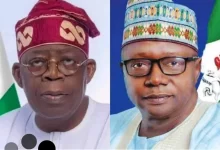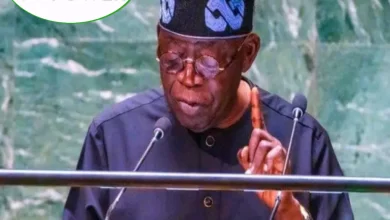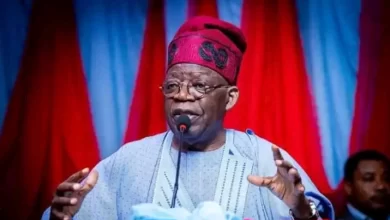We Must Remove Electricity Subsidy In Nigeria For These Reasons
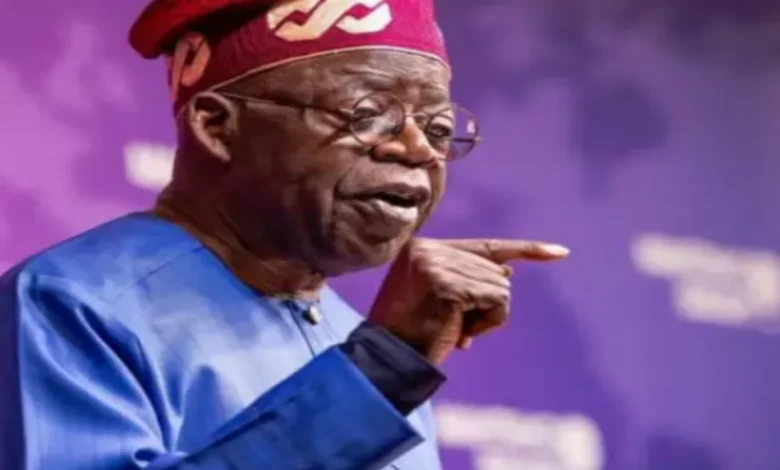
We Must Remove Electricity Subsidy In Nigeria For These Reasons
Electricity Subsidy In Nigeria: According to the minister, Nigeria must begin implementing a tariff structure that is more economically feasible. The country owes gas companies 1.3 billion dollars and generating enterprises (GenCos) 1.3 trillion naira.
According to the minister of power, the country can no longer afford to subsidize electricity.
Adelabu made this announcement on Wednesday during a news conference in Abuja. He also revealed that this year’s subsidy budget was only 450 billion naira.
The ministry, he claimed, requires more than two trillion naira to implement subsidies.
According to the minister, states will now be able to produce electricity on their own.
Read Also 👉Latest Fuel Subsidy Payment News On Confirmation 2024
More Information
Given that it now owes $1.3 billion to gas firms and N1.3 trillion to generating businesses (GenCos), he said the nation needs to start moving toward a cost-effective tariff mechanism.
Adelabu further stated that the ministry requires nearly N2 trillion in subsidies, but only N450 billion was earmarked for them this year.
According to the minister, state administrations will now be able to produce electricity on their own and supply it to their regions.
We currently owe the electricity-generating businesses N1.3 trillion in total, of which 60% is owed to gas providers. We owe the gas companies a legacy debt of $1.3 billion, or over N2 trillion at today’s exchange rate, from before 2014.”
“We now have an acquired debt of over N3tn in that industry if you add the N2tn legacy deficit owed to oil and gas firms and the N1.3tn due to the Gencos.” In what way will the industry advance? Nigerians have a right to be aware of this.
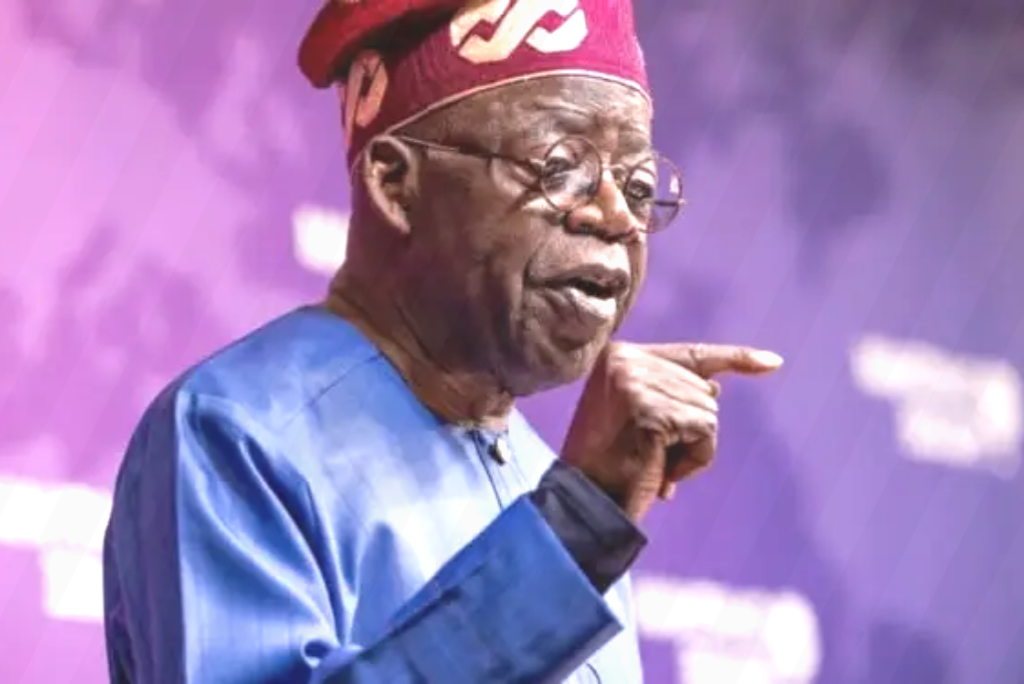
But to maintain the flow of electricity production, we are working behind the scenes to make sure that these problems are resolved and that these obligations are paid off, either with guaranteed debt instruments or cash infusions.
Speaking about the national grid collapses, Adelabu claimed that the lack of gas, the aging machinery in the grid value chain, the inability to evacuate generated power, and the destruction of power plants in certain areas of the country’s northeastern geopolitical zone were the main causes of the incident.
Additionally, he stated that until all unfinished projects are finished, the Transmission Company of Nigeria (TCN) will not issue any new contracts.
Adelabu claims that the TCN has more than 100 abandoned projects as a result of contract figures that fluctuate owing to foreign exchange changes.
To provide electricity to remote places, the minister stated that the 2024 budget has set aside approximately N50 billion for the construction of mini-grids.
Thus, he warned electrical distribution businesses (DisCos) to get up; if they didn’t, their licenses would be revoked.
Adelabu added that the national security adviser, Nuhu Ribadu, has been asked to assist in securing the electrical grid.


